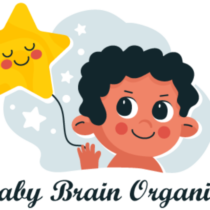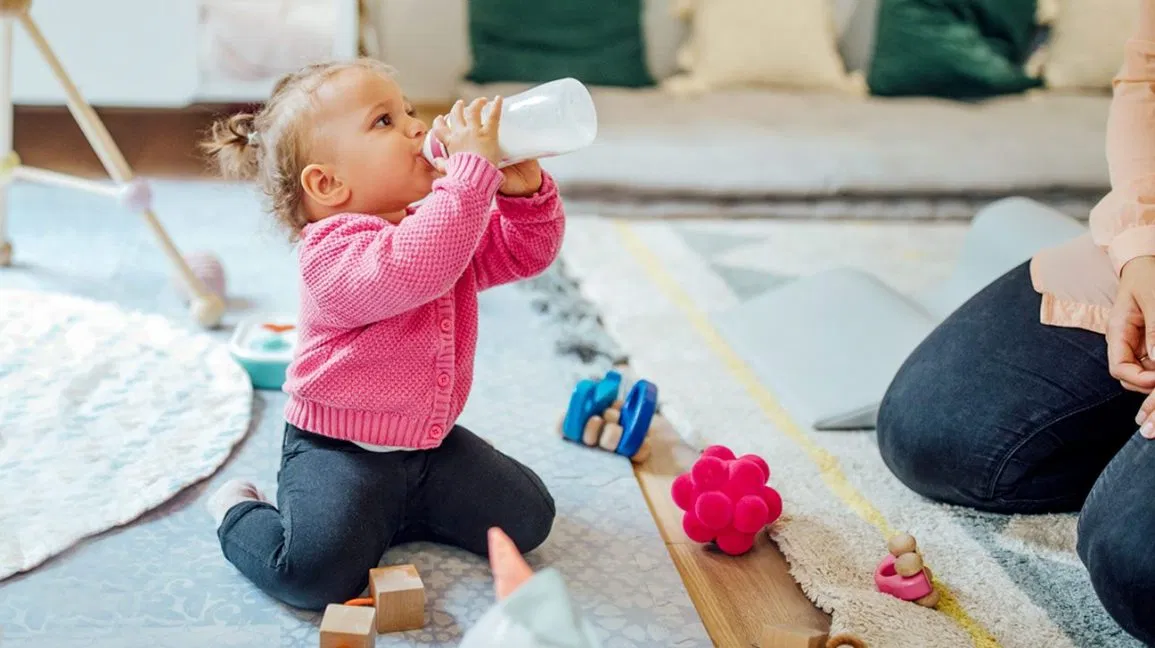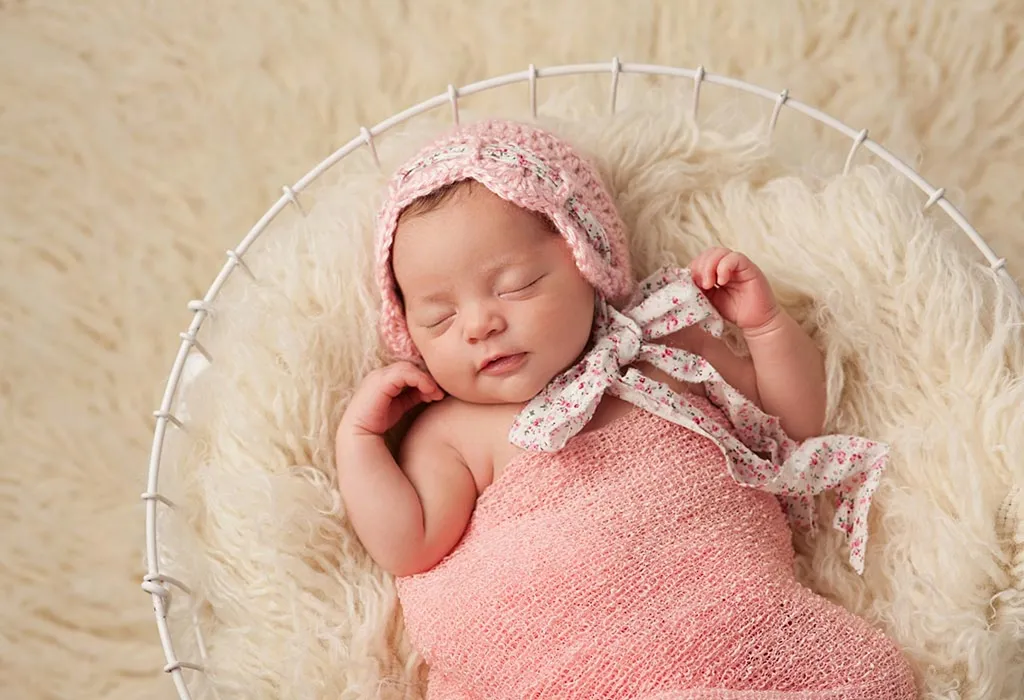Why do babies need stimulation? How do they develop their brain? What are the signs that your baby is developing properly? This article will learn about baby brain development and its essential role in a child’s life.
What is Baby Development?
Baby development is growing and changing as a baby learns and grows. During the first few months of life, babies learn how to interact with their surroundings,
learn new skills, and develop their motor skills. Babies also undergo physical changes, such as growing bigger brains and bodies.
How Baby Brain Development Works
There are many myths about baby brain development. This blog post will explore what happens in the first year of a baby’s life and how this affects their future.
Baby brain development refers to the physical and cognitive changes in a baby’s brain during the first 12 months.
A baby’s brain is about the size of an apple at birth. It is composed of approximately 150 billion cells and is still increasing.
Overall, baby brain development involves increasing the size and complexity of your child’s neural networks. This includes developing more connections between neurons, which helps your child learn, remember, and solve problems.
Some of the key milestones during baby brain development include:
-reaching out and grabbing objects with their hands by nine weeks old
-responding to their name by ten weeks old
-rolling over from their back to their stomach by 12 weeks old
-crawling at around 16 weeks old
The Benefits of Stimulating Baby Brain Development
Baby brain development is a term used to describe a baby’s physical and mental changes as they grow and develop. There are many benefits to stimulating baby brain development, including:
1. Increased IQ.
A study published in the journal Developmental Science found that children who received prenatal stimulation, such as music and movement,
had an increased IQ when tested at age 6. The study found that the children who received stimulation scored higher on tests of vocabulary, reading comprehension, mathematics skills, and spatial ability.
2. Improved academic performance.
A study published in the journal Pediatrics found that babies who receive prenatal stimulation have better academic performance when they are kindergarten-aged.
The study found that babies who received stimulation were more likely to score above average on reading, math, and language tests.
3. Improved social skills and communication abilities.
Babies who receive prenatal stimulation tend to have better social skills and communication abilities when they are toddlers and preschoolers.
A study published in the journal Child Development found that babies who received prenatal stimulation were more likely to communicate better than babies who did not receive stimulation.
The study also found that the babies who received stimulation were more likely to
Things to Know About Your Baby’s Brain
When your baby is born, her brain is about the size of an egg. In the first month of life, it grows by about 20%. By the time your baby is one year old, her brain has grown by about 50%.
Your baby’s brain will continue to grow throughout her early childhood. Your baby’s brain will reach its total size by the time she reaches three years old.
By the time your baby is 4 or 5 years old, her brain will have developed more than 90% of its total capacity.
Conclusion
As a new parent, you will be bombarded with information about baby development. And while it can be hard to keep up with all the changes
your little one is going through, there are some critical points you should remember to help support their growth and development.
Remember that babies change constantly, so don’t get too attached to any particular stage – they will soon move on to new phases! And finally, don’t forget to cherish every moment with your new little one.




